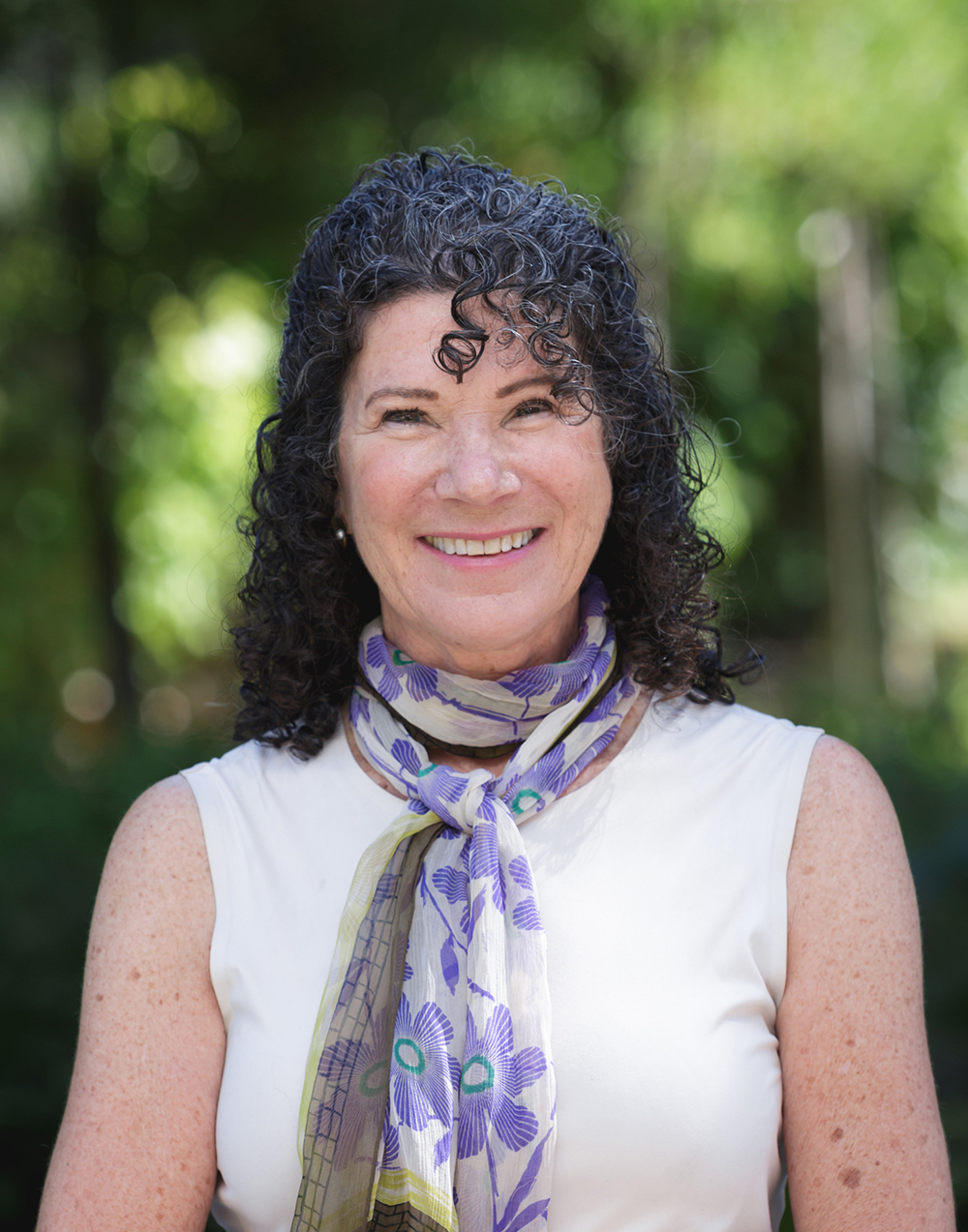 Santa Clara Law’s Michelle Oberman was featured on a recent segment of KCBS Radio In Depth, titled “51 years after Roe v Wade: The state of abortion legislation in the U.S.” The conversation centered on the effects of recent abortion legislation nationwide and in California and on the repercussions surrounding the overturning of Roe v. Wade, a landmark Supreme Court decision that affirmed the right to have an abortion.
Santa Clara Law’s Michelle Oberman was featured on a recent segment of KCBS Radio In Depth, titled “51 years after Roe v Wade: The state of abortion legislation in the U.S.” The conversation centered on the effects of recent abortion legislation nationwide and in California and on the repercussions surrounding the overturning of Roe v. Wade, a landmark Supreme Court decision that affirmed the right to have an abortion.
“This is my field of expertise,” Oberman noted. “I’ve been studying what happens to doctors and their ability to treat patients working under these abortion bans because in many ways doctors are on the front lines. When you ask doctors about how the law is going, you get the clearest answer. Lawmakers aren’t in the hospital, and at the most fundamental level, abortion is healthcare. It’s sort of a dark joke to imagine a lawmaker in the hospital room while a person’s going through a medical emergency.”
Oberman, professor of law at Santa Clara Law’s Katharine & George Alexander Community Law Center (KGACLC), is an internationally recognized scholar on a wide range of legal and ethical issues arising at the intersection of sex, pregnancy, motherhood, and criminal law. She has studied the impact of abortion regulation in countries and states with widely varying abortion laws for more than a decade.
“We are more restrictive than many countries at this point in Latin America as well as in Europe and Canada,” Oberman shared. “And we’re more restrictive in that we’re allowing individual jurisdictions to implement bans that [almost completely] eliminate access to safe and legal abortion.”
When asked about how financial status and money could impact people in states that do not have more restrictive abortion laws, Oberman commented: “For a person anywhere in this country with money, it’s not a problem to get from their state to a state that offers a legal abortion. So the access to abortion is all a function of having the information you need and the money and the time you need to travel.”
